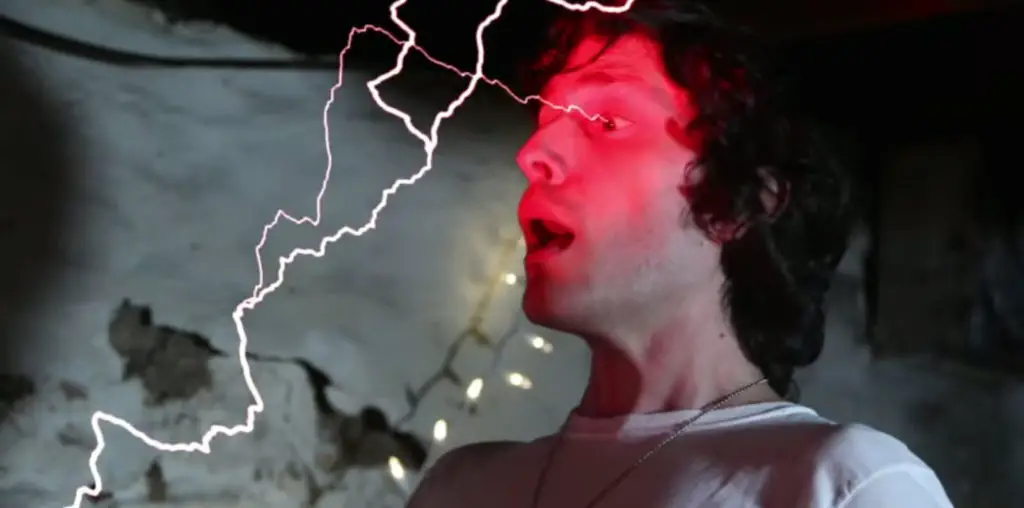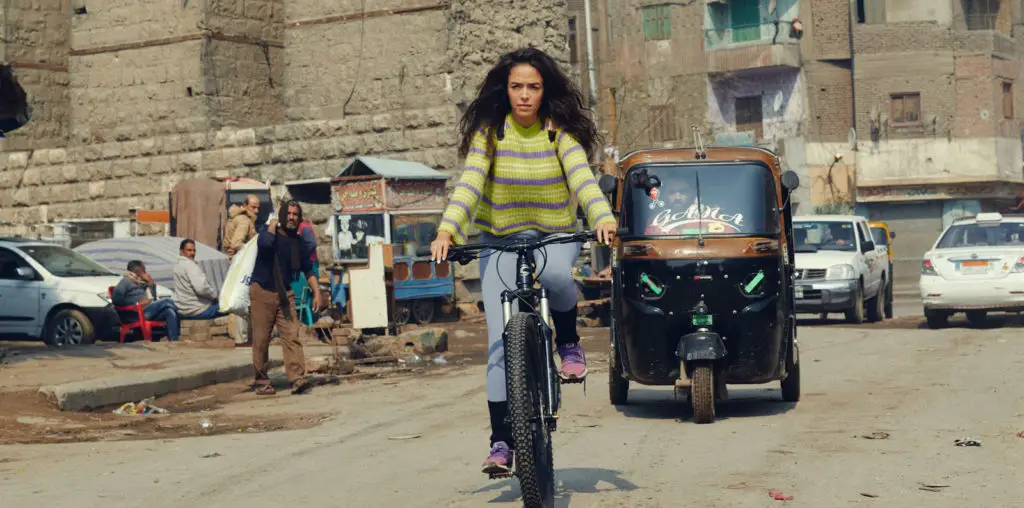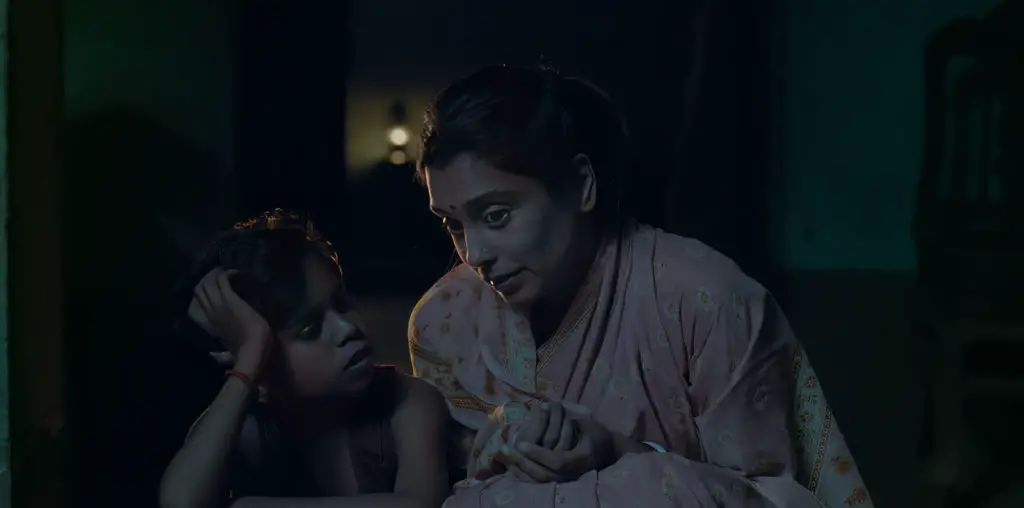
What is it with the Brits and their gangster flicks? How did a genre that has been so quintessentially American from its birth in the 1930s somehow get adopted – and in many ways improved upon – by those repressed, stuck-up Teabags? Is it that gangsters are the vicious opposite of everything supposedly proper Brits represent? Some of the toughest, best crime films in recent history have come out of Old Blighty. If one has a quibble, let’s bring forth the evidence: “Performance,” Get Carter, “The Long Good Friday,” “The Krays,” Sexy Beast…shall I go on? Right then.
Sure, we need another gangster movie, British or not, like a hole in the head. But then along comes one like “Gangster No. 1.” While it may not be in a class with the above arse-kickers, this one works on so many levels that it must be reckoned with. It certainly feels unique, and sets itself apart from most American gangster films in its stark refusal to paint the lead gangster as likable or indeed anything other than the vicious socio-psychopath he is.
Director Paul McGuigan boasts a style that is energetic but never aggressive or obnoxious. His direction is in fact thrillingly confident, controlled: “Gangster No. 1” moves and flows and swings in all the right ways. And Paul Bettany, as the titular thug? Do the British have any equivalent for “Fugettaboudit”? This, uh, goddamn f*****g m**********r makes Tony Soprano look like your average “700 Club” host. Bettany’s tasty supporting turns in “A Knight’s Tale” and A Beautiful Mind were hardly adequate preparation for the laser-focused, razor-sharp intensity and insanity on display here. The young actor pulls off quite a trick: being at once massively charismatic and never sympathetic in the least. The unnamed Gangster’s favorite phrase may be “Look in moi fookin’ eyes!” – it usually portends an ugly demise – but if it’s Redemption you’re looking for…look elsewhere, mate.
What is valuable about “Gangster No. 1” is its unflinching examination of one man’s journey from common pool shark to sharp-suited thug-about-town to savage murderer to – by the end – burnt-out husk of an old criminal. The journey travels a simple trajectory: come under the tutelage of a nattily dressed, “classy” thug (in this case Freddie Mays, played with calm assurance by David Thewlis.) Do much brutal dirty work, and do it with a smile. Then, when the time is right, betray your mentor, pry the keys to the kingdom from his hands, and try to grab his girl (in this case the luminous Saffron Burrows) while you’re at it.
What a brilliantly gripping journey it is. No matter what he’s up to, Bettany moves through the film with leonine grace, but the actor and the film realize he’s merely a brute. McGuigan never attempts to present him as anything more, and rarely sucks up to audience by making the violence feel fun or funny. (To wit: one absolutely astounding murder scene, shot solely from the P.O.V. of the murderee. Let it suffice that an icepick, a knife and a machete all get heavy play; watching this lengthy scene, you don’t know whether to applaud or run screaming. Also, bear in mind that the “C-Word” has a different, more all-purpose meaning in Britain, often as a twisted term of endearment. So if this particular word offends your delicate ears, for your own safety please steer well clear of “Gangster No. 1.”)
So what’s the catch? Well, unfortunately the film rawtha goes to bits in the third act. The early scenes are set in the late ’60s, with all the lovingly rendered period details and groovy tunes that implies. Can’t beat the ’60s. But, since the subtitle of the film could be “A Gangster Looks at 60,” the climax finds us catching up with the Gangster as he lives now, roaming the London streets, looking for some sort of rapprochement with former mentor Freddie Mays, who has been released from prison and matured into nonviolent, not very interesting contentment. (It doesn’t help that Thewlis’ “age” is conveyed by a smattering of none-too-convincing old-man makeup.)
That’s not the real problem, however. The real problem, and it hurts to report this, is a certain Malcolm McDowell as the aged Gangster. “Gangster No. 1” has been so close to perfect for its first two acts that it seems only natural when it stumbles toward the finish. But the fact is that this letdown is mainly due to a good deal of shonky overacting by McDowell. It’s startling enough that Bettany has morphed into McDowell – to whom he bears not the slightest resemblance – in the first place. After all, anyone who has seen “If…”, “A Clockwork Orange” and “O Lucky Man!” (and that better be every last fookin’ one o’ you!) knows exactly what McDowell looked like in his early twenties. It weren’t anything like Paul Bettany, though the young actor does nail the famed creepy hooded stare.
But in his big freakout scene, when he and Freddie meet face-to-face to loudly sort through their issues of thirty years prior, McDowell makes the mistake of hamming it up and just seeming like a vastly different character from his younger, ice-colder self. As written, this existential meltdown, with its lethal mix of regret and defiance, would have done Cagney proud. As played, though, it strikes a grievously discordant note. It just doesn’t mesh with the laconic horror of what has come before. The subtext had real menace; the endless post-mortem explanation is simply a drag.
But don’t allow that to scare you off, luv. Malcolm McDowell is still cool, always will be. And rest assured, “Gangster No. 1” still kicks more than its share of…arse. Let it kick yours.


